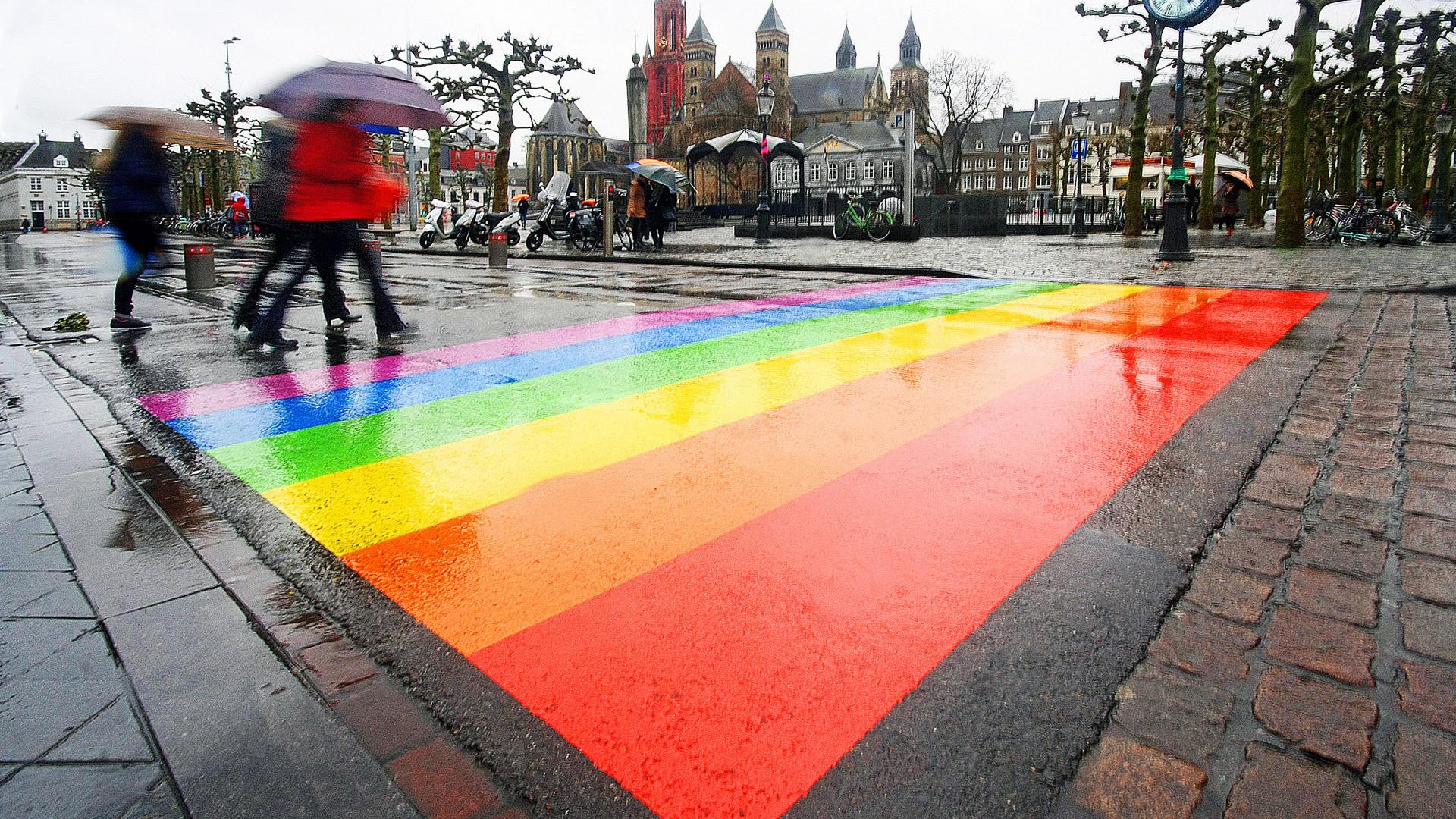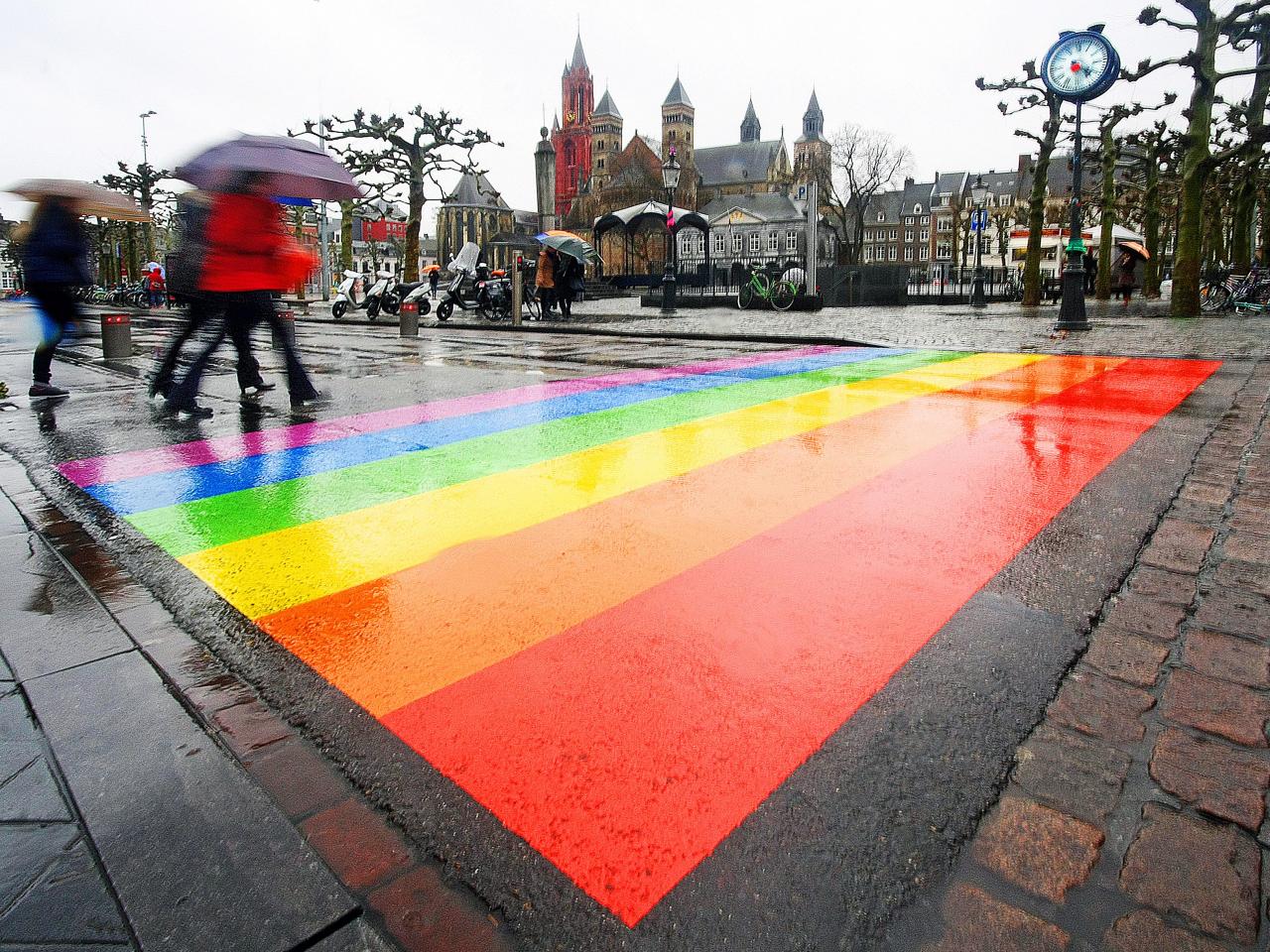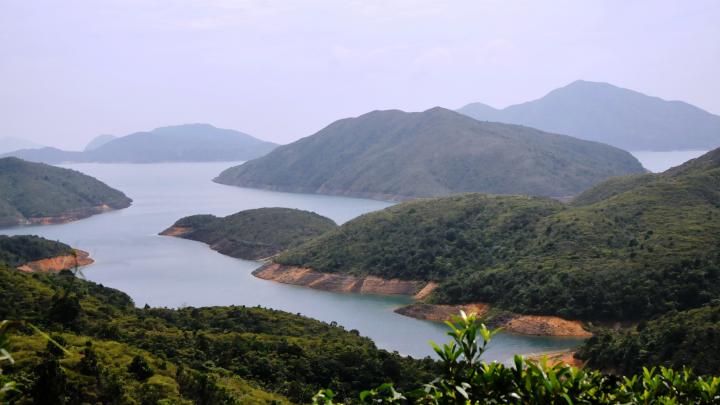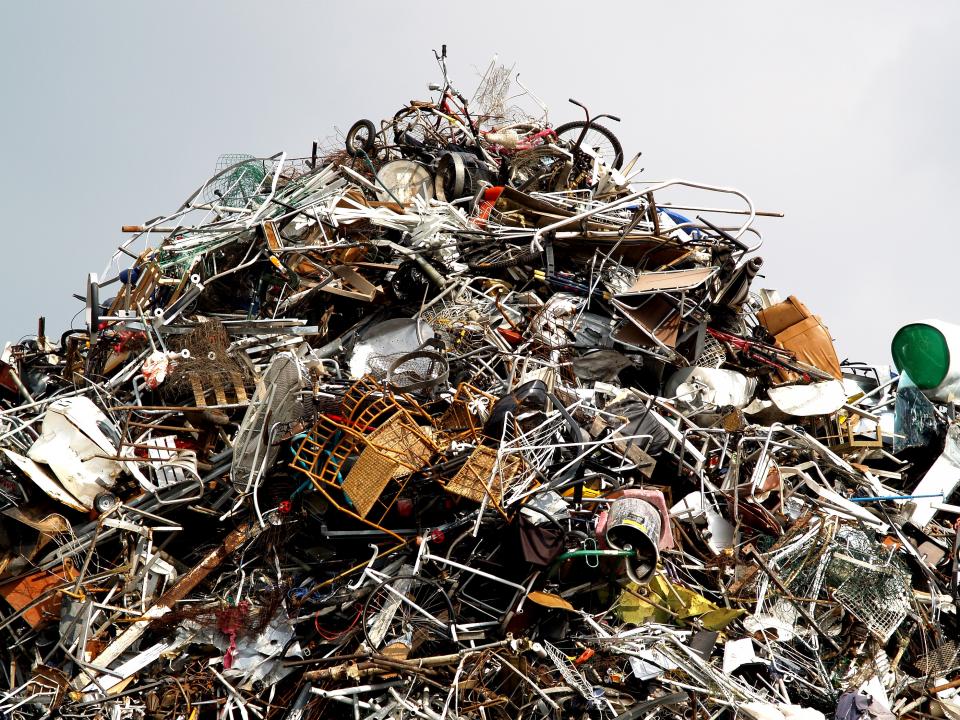- Duidelijke stappen en versnelling op weg naar een klimaatneutraal Maastricht in 2030: meer besparing, meer duurzame energie, aardgasvrij wonen
- Bij nieuwbouw zal standaard met nul op de meter gewerkt worden. Voor bestaande huizen zal er een actie plan voor duurzaamheid geeist worden.
- Maastricht is en blijft een stad, waar iedereen zich thuis voelt, ongeacht afkomst, geslacht, beperking, geloof of (seksuele) voorkeur; dialoog, samenwerking en soms handhaving zijn onontbeerlijk
- Stadse mobiliteit die de stad leuker, veiliger en gezonder maakt: fiets en voetganger en elektrisch openbaar vervoer krijgen in de binnenstad prioriteit
- Per jaar 600 extra fietsparkeerplaatsen door parkeerplaatsen voor auto's op te heffen
- Invoering van een milieuzone in het gebied tussen de singels als een eerste stap naar een autovrije binnenstad
- In 2022 leeft minder dan 10% van de Maastrichtse gezinnen onder de armoedegrens. Elk kind, dat in armoede opgroeit, is er wat ons betreft één te veel
- We willen de werkeloosheid structureel onder het landelijk gemiddelde houden, waarbij kwetsbare groepen onze aandacht krijgen en houden
- De culturele winter is voorbij. Wat GroenLinks betreft komt er weer ruimte voor investeringen in cultuur, zodat cultuur ook echt voor iedereen toegankelijk wordt
- We maken van Maastricht een echte studentenstad. Met aandacht voor ieders belang zoeken we naar de juiste balans in huisvesting, cultuur, economie en communicatie
Samenvatting van Hans Passenier
English version
- Clear and faster steps towards a climate neutral Maastricht in 2030: put effort into saving, more production of renewable energy, gas-free living and making fossil-fuel-free use of energy accessible for everyone;
- The new development of houses and other buildings will be the standard zero-on-the-meter and eventually energy neutral. For existing buildings there will be an action plan for sustainability
- Maastricht is and will always be a city where everyone feels at home, regardless of their descent, gender, handicap, religion or (sexual) preference dialogue, cooperation and sometimes enforcement are essential;
- Urban mobility that enhances the city makes it safer and makes it healthier: bike and pedestrian, and electric public transportation made available in the area between Via Regia-Noorderbrug-Terblijterweg and Tongerseweg-Kennedybrug- Akersteenweg have priority;
- All street-parking places for cars will move to, among other things, parking places, so they can be removed from the street scene in an incremental way. In the open spots that will be a result of this, there will be picnic areas, play areas and extra parking spots for bikes. GroenLinks wants to create 600 extra parking places for bikes per year. The implementation of an environmental zone in the are in between the boulevards is something that GroenLinks sees as the first step towards a car-free inner-city. That is why the total number of parking places within the boulevards will diminish incrementally with 50 per year;
- In 2022, less than 10% of family’s in Maastricht will be living below the poverty level. Good education, cooperation with all value chain partners and accessible help is crucial with this. The highest priority will be aimed at family’s that contain children because GroenLinks believes that every child that grows up in poverty, is one too many;
- The unemployment in Maastricht is declining. We want to keep the unemployment under the national average in a structural manner, whereas vulnerable groups will get our attention and keep our attention. The opportunities and possibilities for job seekers are central and tailor-made, which is the solution;
- We will make Maastricht a student city, and no longer ‘’a city with students’’. With regard to everyone’s’ interest, we will look for the right balance in accommodation, culture, economy and communication;
- The citizens’ budget will be actively used as an instrument to involve the citizens of the city, think together with them and decide on initiatives in their neighbourhoods;
- The cultural winter is over. GroenLinks feels strongly about new investments in culture, with a supplementary investment of 3% on the yearly budget. This, among other things, will be used to bring more attention to the assets to the culture of Maastricht, in order to make culture more accessible not only for the citizens of the city but also a broader public in order for those to find their way to the available range of offers.




